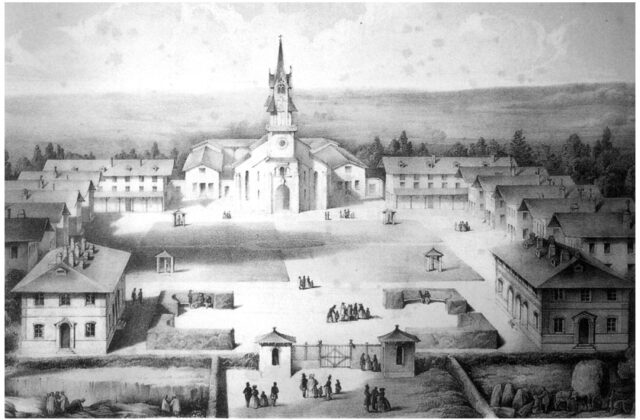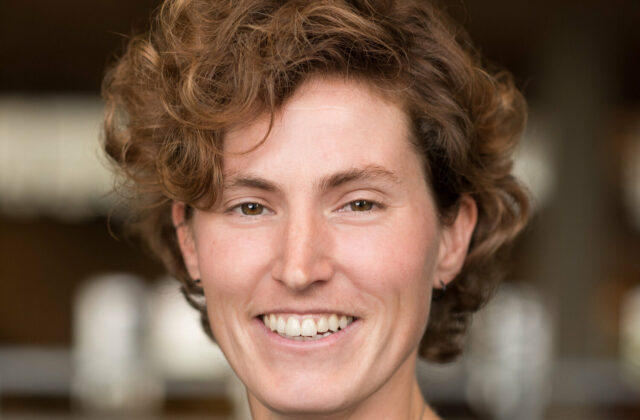About the programme
This year it is 200 years ago that the unfree agrarian colony at Veenhuizen (now home to the National Prison Museum) opened its doors. The UNESCO recently recognized the lasting cultural significance of this colony and six other Dutch and Belgian ‘colonies of benevolence’ by jointly granting them the distinguished label of UNESCO World Heritage Site.
This round table with Prof. Barbara Arneil (UBC) discusses the political ideology behind this domestic colony. In her prize-winning book Domestic Colonies (Oxford Univ. Press, 2017), Prof. Arneil has argued that domestic colonies shared in common with overseas settler colonies a similar ideological commitment to three key principles:
- segregation;
- agrarian labour;
- and improvement of both people and land, in both ethical and economic senses.
Across Europe, domestic colonies attracted progressive thinkers sincerely concerned about the plight of the poor, committed to improving their welfare. From Johannes van den Bosch in the Netherlands and Sir John Sinclair in Scotland, to Alexis de Tocqueville in France and Jeremy Bentham in England. All of them wrote essays defending such domestic colonies over alternative social policies (e.g., outdoor relief, emigration, workhouses and poorhouses, prison barracks). Yet as the colonies evolved and its inhabitants swelled in numbers, the colonies often acquired disciplinary and sometimes outright penal dimensions. What is the place of free and unfree colonies of benevolence in the history of social welfare policy? This round-table explores this question by placing the Dutch Colonies of Benevolence within their wider international context.
About the speakers
Barbara Arneil is Professor of Political Science at the University of British Columbia in Canada and current fellow at NIAS. She is author of the prize-winning monograph “Domestic Colonies: The Turn Inward to Colony” (published with Oxford University Press, 2017). Her current research is on the theoretical and ideological distinctions between imperialism versus colonialism. Barbara Arneil is Past President of the Canadian Political Science Association and was named a Fellow of the Royal Society of Canada in 2022. Find her personal page here.
Dr. Craig Whittall is an independent researcher and political theorist who specializes in domestic colonies for so-called ‘Criminal Tribes’ in British India, including those run by the Salvation Army.
Dr. Hanneke Stuit is an Assistant Professor of Literary and Cultural Analysis at the University of Amsterdam and works on the intersections of carcerality and the countryside.
Organised by
This talk is co-organised by NIAS, Nationaal Gevangenismuseum, the University of Amsterdam and the Open Universiteit.






